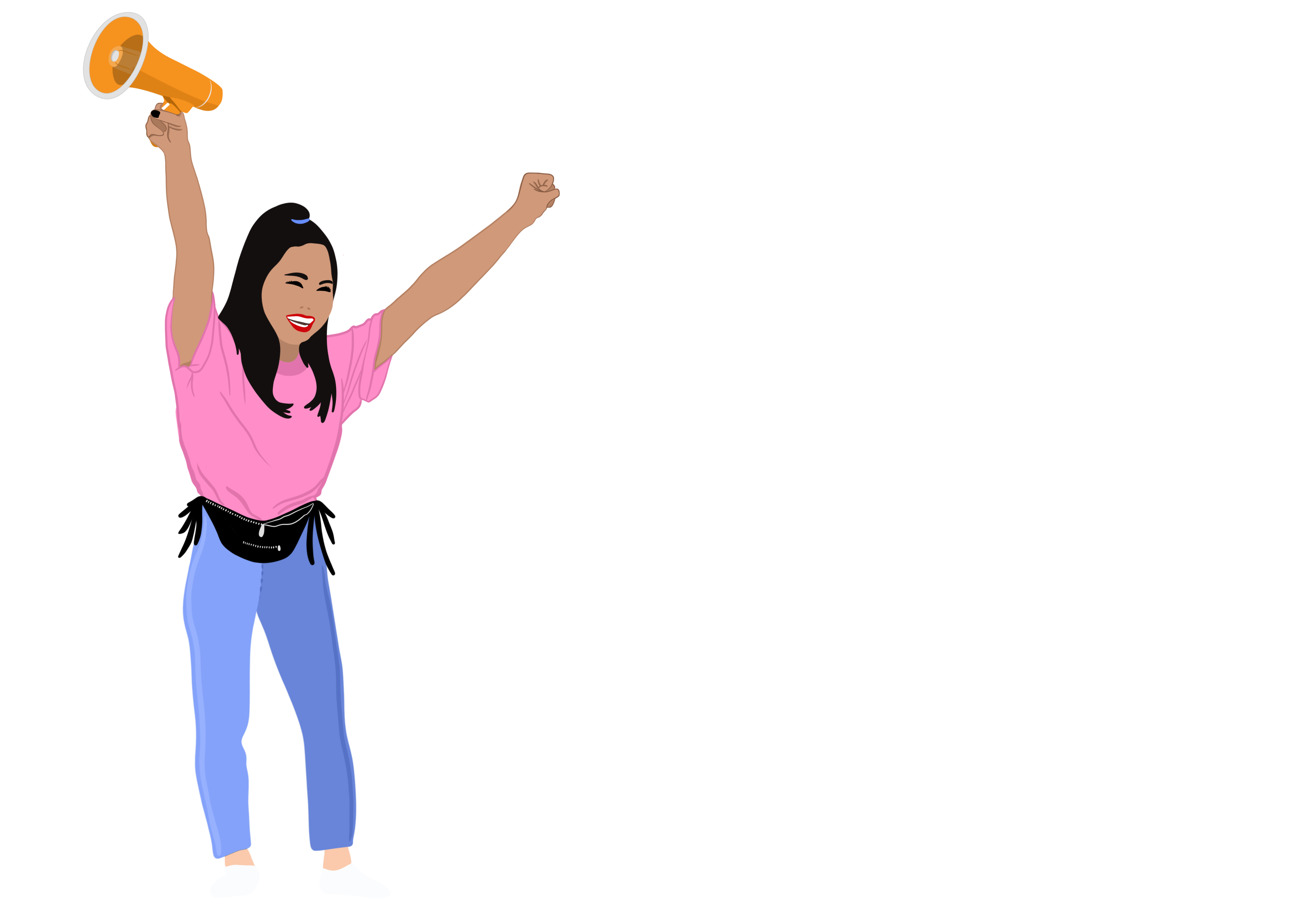h
Harmful Traditional Practices
This is a term used to refer to practices that cause harm to the individual but continue to be done because they are considered part of a ‘culture’ or ‘tradition’. Female Genital Mutilation/Cutting and Child, Forced and Early Marriages and Unions are examples of a harmful traditional practice.
Heteronormativity
The assumption by individuals, communities, institutions, and society at large that everyone is heterosexual, and that heterosexuality is natural or even superior to other sexual orientations.
Heterosexual
A sexual orientation whereby a person experiences sexual, emotional, and/or romantic attraction to a sex other than their own. It is commonly referred to as “attraction to the opposite sex”, however, this definition does not take into account that there are more than two sexes.
High-Level Political Forum (HLPF)
The High-Level Political Forum (HLPF) is a relatively new UN process which took place for the first time in New York in July 2016, and which was put in place to monitor and assess the global implementation of the Sustainable Development Goals (SDGs). Similar to the Commission on the Status of Women (CSW) and the Commission on Population and Development (CPD), the HLPF has a yearly theme that explores a selection of SDGs which will be reviewed in more depth during the annual event in New York.
Homophobia
The irrational fear of, discrimination against, and/or hatred towards a person who is, or who is suspected of being, homosexual, or any behavior or characteristic that does not conform to rigid gender roles and stereotypes.
Homosexual
A sexual orientation characterized by aesthetical, romantical, sensual and/or sexual attraction to persons of the same gender identity and/or expression. Note that this term is considered offensive in some contexts, as it has been used by American anti-LGBT activists as a way to stigmatize people who are gay, and reduce their lives to just a sexual orientation.
Human Rights
Human rights are universal, inalienable, indivisible, interdependent and interrelated. They are universal because everyone is born with and possesses the same rights, regardless of where they live, their age, sexual orientation, gender identity, gender expression, race, or any other factor. Inalienable because people’s rights can never be taken away. Indivisible and interdependent because all rights – political, civil, social, cultural and economic – are equal in importance and none can be fully enjoyed without the others. Human Rights are upheld by the rule of law, and states and other duty-bearers are held accountable for protecting these rights.
Human Rights Council
The United Nations (UN) Human Rights Council (HRC) is responsible for strengthening the promotion and protection of human rights around the world, and for addressing human rights violations and making recommendations on them. The HRC is made up of 47 UN member states which are elected by the UN General Assembly. The Universal Periodic Review (UPR) is a sub-organ of the HRC which reviews the human rights records of each UN Member State. Key thematic issues that the HRC works on include: LGBT rights, women's rights, the rights of racial and ethnic minorities, the right to freedom of association and assembly, the right to freedom of expression, freedom of belief and religion etc.
Human-Rights Based Approach
A Human Rights-Based Approach (HRBA) is an approach which is centered on promoting and protecting human rights. Usually an HRBA aims to strengthen the capacity of duty-bearers to promote, protect, and fulfill the rights of rights-holders. It also empowers rights-holders, and allows them to hold duty-bearers accountable. A HRBA often focuses on groups that are the most marginalized or discriminated against. A HRBA sees people as key actors in their own development rather than as passive recipients or commodities or services; the empowerment of individuals and communities and the dismantling of inequality is seen as a priority.



